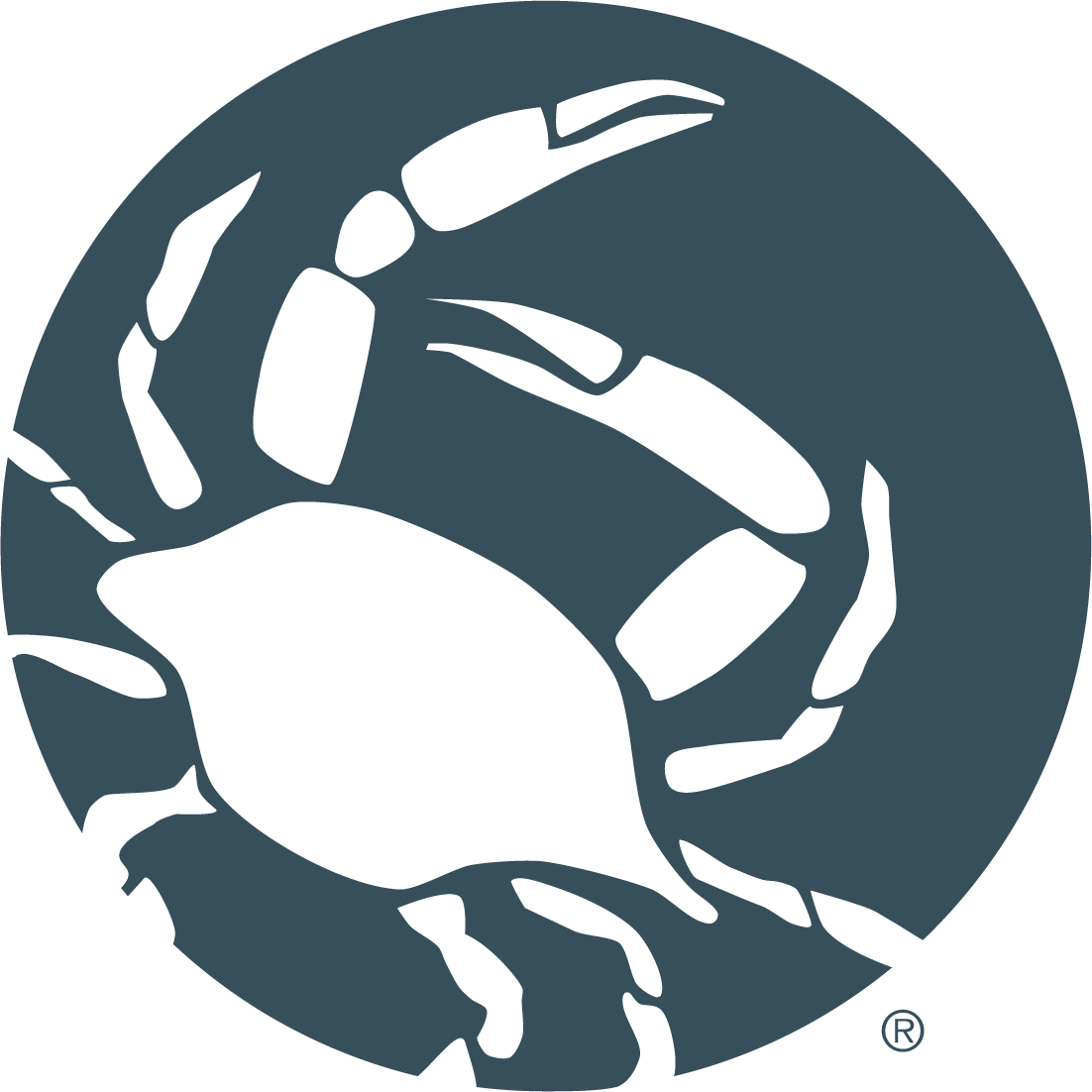When "Why" Hides
By: Kristen Haldeman | October 22, 2019
“When purpose is unknown, abuse is inevitable.” - Myles Munroe, author and consultant
The search for “purpose” and “why” encapsulates the millennial uprising. According to Deloitte 87% of millennials believe in a connection between what they do and the values behind why they do it; success is more than profit. Authors like Simon Sinek echo this search for purpose by delving into the distinction between “Why,” “How,” and “What.” This new understanding of purpose and meaning, according to Mercer, results in employees working three times as hard as those who do not understand their purpose. Understanding purpose and direction builds a foundation for personal investment that manifests in more dedicated work.
This motivation is wonderful, until the meaning is hidden. In other words, what happens when “why” is unclear?
Myles Munroe, director of Diversity and Inclusion at Anderson Corporation, writes on the danger of unknown purpose. He says,
“Money has a purpose. When you don’t know the purpose of money then it gets abused – leading to all kinds of financial problems and headaches that you have to address in your life.
Your health has a purpose. When you don’t take care of yourself then you abuse your physical, mental, and spiritual self – which leads to other challenges and obstacles you will face in life.
Your family has a purpose. When you don’t nurture and cherish those that are the closest to you, you abuse those family members by not appreciating why they are in your life.
Your business has a purpose. It exists to serve a specific market with a unique set of products and services. Without your organization, startup, or small business, the world would be lacking what it needs to continue evolving the way it should. Imagine our world today without Google, Microsoft, Cisco, IBM or Apple - what would that look like? How about General Mills, Target, Walmart, or Best Buy? What would society look like?”
An unclear purpose not only harms individually, but also affects surrounding communities.
One of the ways to find purpose is to tell your story. By using narrative, we can see our growth and use that to find our values. Christine Miles of Equipt reinforces this idea by detailing the value of story and a guiding path to outline narratives.
Imagine Kelly who knew that her role as mother, wife, sister, daughter, teacher, mentor, advisor, and executive chair were important, but she struggled to put all of the pieces together. She decided to write down the path she had taken that eventually brought her to all these positions. She realized that what got her through the challenges was her care for other. Understanding this fundamental characteristic, Kelly was able to dive deeper into her roles and feel more fulfilled.
When “why” hides, take a moment to tell your story. The themes imbedded could provide insight into further development.
